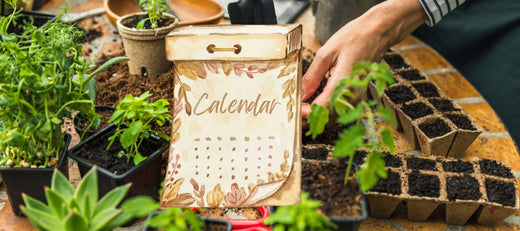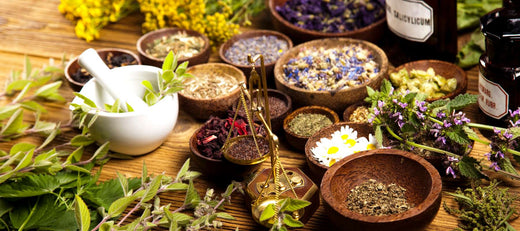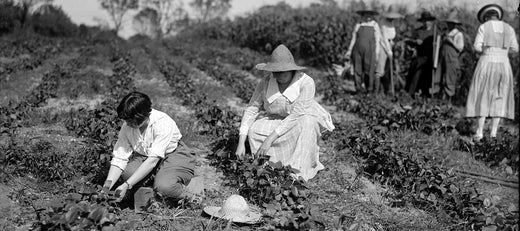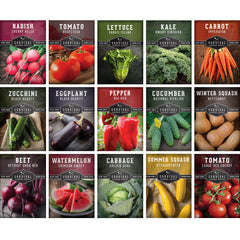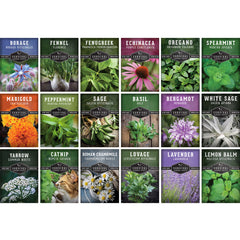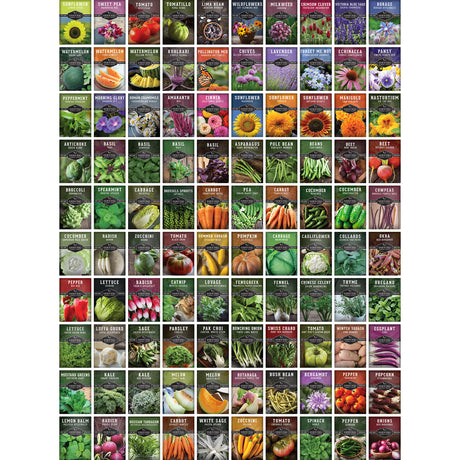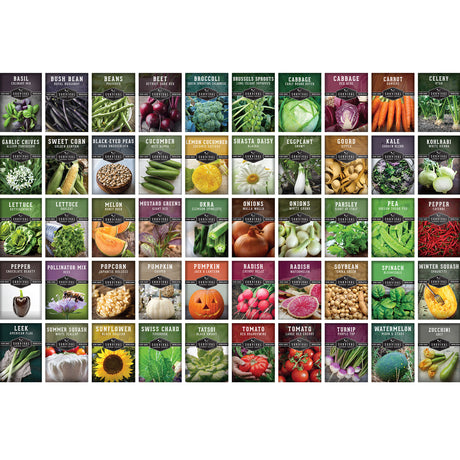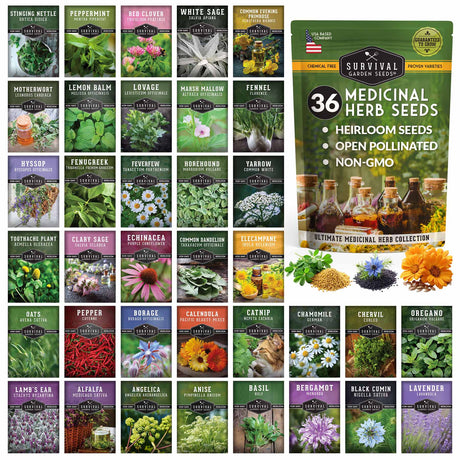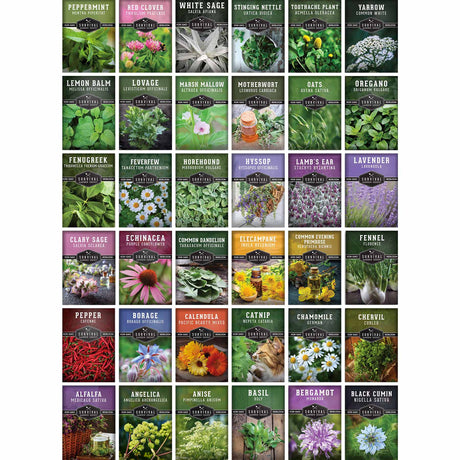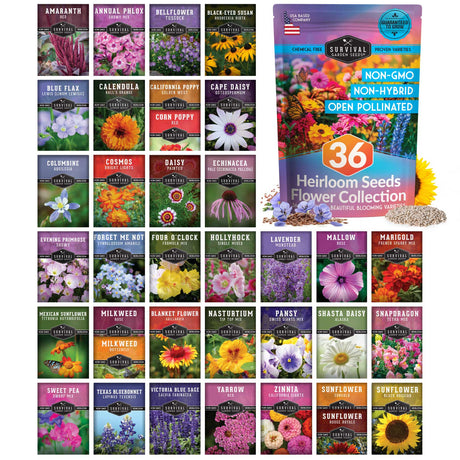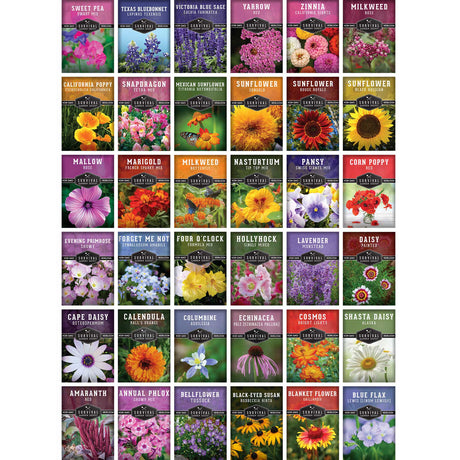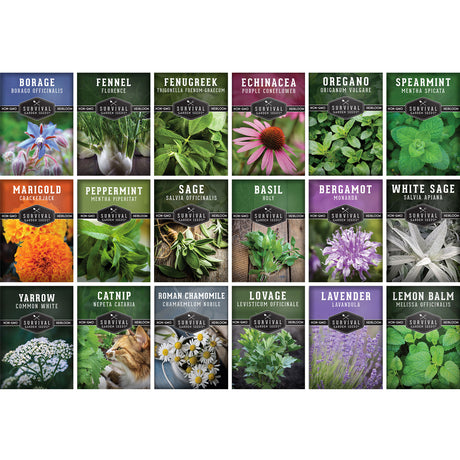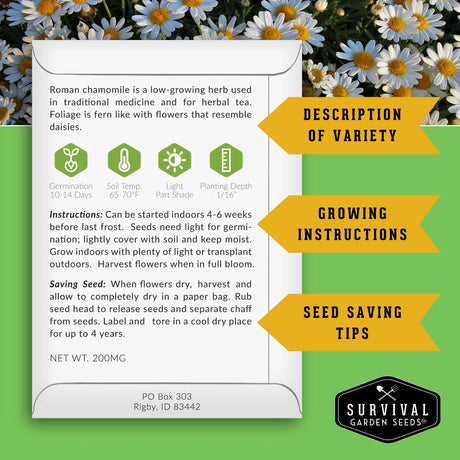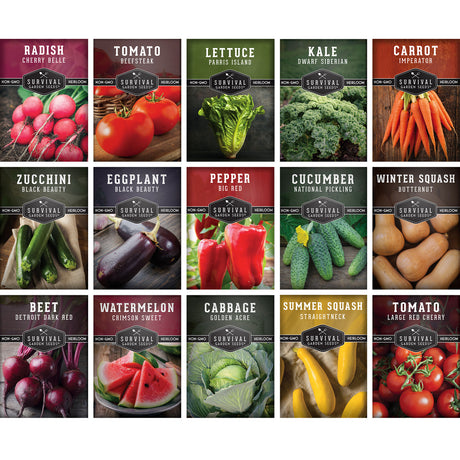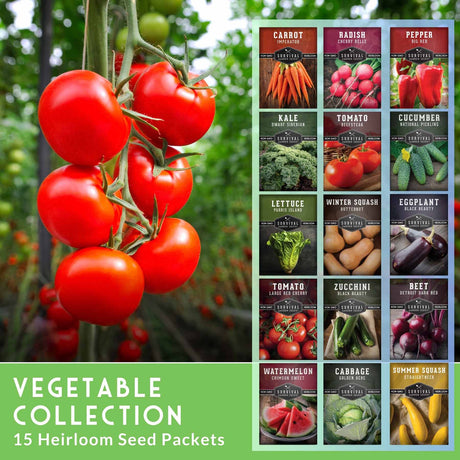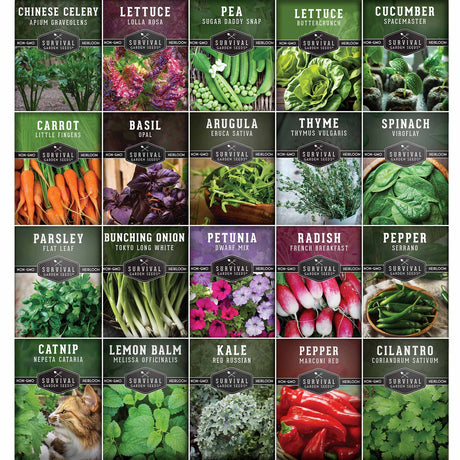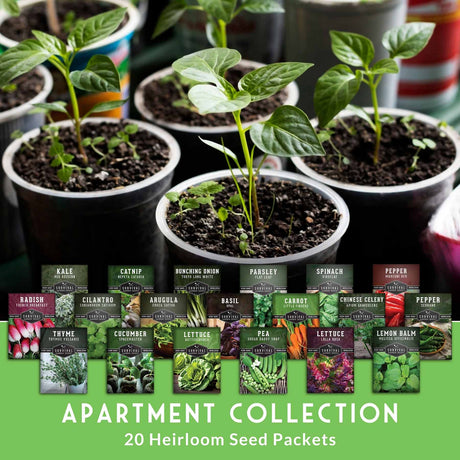Earth Day is this weekend, and we’re in the mood to celebrate! Planting seeds and starting a garden is a wonderful way to connect to nature and feel a part of this beautiful planet we all share and call home. Make your garden a central part of your Earth Day celebrations with these ideas.
Supporting Pollinators
Gardens filled with many different kinds of flowers, herbs, and vegetables provide much-needed food and shelter for the butterflies, hummingbirds, bees, and other beneficial pollinators in your neighborhood. These helpful animals are in decline in many areas, but they are vital to a healthy ecosystem. In return for

all the nectar, pollen, and shelter, these friends do important work, pollinating our plants and keeping our gardens healthy.
Managing Pests
At the same time as attracting friendly bugs, a healthy garden can also naturally repel some of the insects we don’t want around - without resorting to toxic pesticides that can make humans sick, too. Companion planting is a great way to handle pest management. Herbs like mint, sage, basil, bee balm, and rosemary are especially good at keeping away mosquitos, thanks to their aromatic qualities. Marigolds, nasturtiums, radishes, basil, and borage each are natural solutions to keep cabbage worms, tomato hornworms, nematodes, and squash bugs at bay.
Building Soil
Well-planned gardens can build soil health naturally. Legumes like beans, peas, and clover all can trap nitrogen in the air and make it readily available to other plants in the soil. Forage crops like oats and buckwheat can add organic matter to build the soil directly and indirectly through the manure left behind by livestock. Daikon radishes can break up compacted soil.
Reducing Erosion & Runoff
Keeping the ground covered and your soil healthy also reduces erosion. Quality soil has a good texture that allows for airflow and absorbs water, rather than washing away with the rain or blowing off when it’s windy. Keeping the soil healthy prevents the need for excessive use of synthetic fertilizers that can run off into the local waterways and cause algae blooms and other problems for the local ecosystem.
Reducing Water Use

Mulching and other gardening techniques can help you keep your plants well-hydrated without waste. If you live in an area that is prone to drought, choosing to plant a xeriscape or drought-tolerant garden can be a great alternative to growing a grass lawn. You’ll be able to add some beauty, grow tasty herbs, support pollinators, and reduce your water bill.
Increase Plant Diversity
By choosing heirloom seeds, you’re also helping to preserve important cultivars of plants that aren’t grown as much. You just don’t get access to as much variety in the grocery store, because those crops are grown to be uniform in appearance and shelf stable over long periods of time. Heirloom plants have so much more to offer and are often adapted to very specific applications.
Reduce Your Food’s Carbon Footprint
Many modern agricultural practices are extremely harmful to the environment. Monocultures allow bulk applications of synthetic fertilizers, herbicides, and

pesticides. Those shortcuts of agribusinesses have been extremely damaging to the environment over the years. Once you add in transport, storage, shipping, processing, and other costs, these crops can have a large carbon footprint.
On the other hand, small gardens are almost always much more environmentally friendly. The small gardener often uses a range of techniques and has a fairly diverse garden. Even if you do decide to use synthetic fertilizer or pesticide, you’ll end up using those tools in a more limited and strategic way than the indiscriminate applications big farms use. Plus, when you grow at home, you have no need to ship your produce overseas or across state lines. You’re saving on energy, water bills, shipment, and more with every meal you grow at home.
Composting
Recycling your garden waste and food scraps by composting is also Earth-friendly. Our landfills are overburdened, and composting is a great way to reduce waste production. You’ll lower your personal methane emissions, conserve water, and create nutrient-rich fertilizer for your garden and soil. Everybody wins!
When you grow a garden, you’re in partnership with nature. By making a few thoughtful choices, your gardening can enrich your local ecosystem and benefit the Earth. It’s a perfect way to celebrate the Earth, on Earth Day, and throughout the year.


